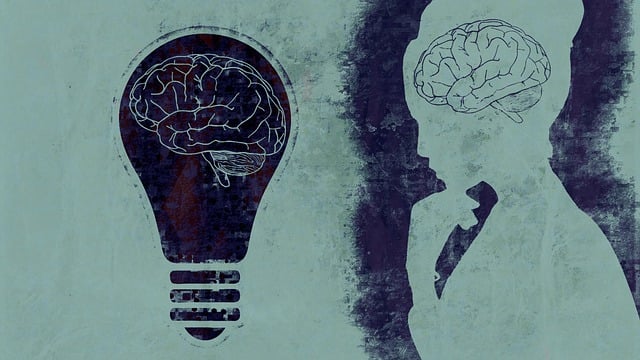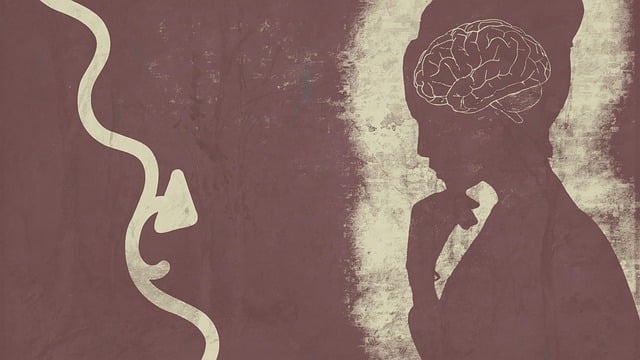The media's portrayal of mental health significantly impacts public understanding and treatment, with positive representations fostering empathy and support, while negative depictions perpetuate stigma and hinder access to services like Boulder Anxiety Therapy. This therapy takes a groundbreaking approach by challenging stereotypes through realistic portrayals and tailored exercises, contributing to depression prevention and stigma reduction. Collaborative efforts between professionals and media creators, along with self-care strategies and compassion, are crucial for reshaping public perception and creating a supportive society where mental health discussions are met with empathy and understanding.
Mental illness representation in media significantly influences public perception and understanding. This article explores the profound impact of media portrayals on mental health attitudes, highlighting the need for accurate and compassionate depictions. We introduce ‘Boulder Anxiety Therapy’, an innovative approach challenging stigmatized media representations. Furthermore, we provide strategies to promote responsible media coverage of mental illnesses, fostering a more inclusive and supportive society. By adopting these measures, we aim to enhance public discourse and reduce stigma, with Boulder Anxiety Therapy serving as a beacon of hope and accurate representation.
- Understanding the Impact of Media Portrayal on Mental Health Perception
- Boulder Anxiety Therapy: A Innovative Approach to Challenging Stigmatized Depictions
- Strategies for Promoting Accurate and Compassionate Media Representation of Mental Illnesses
Understanding the Impact of Media Portrayal on Mental Health Perception

The media plays a significant role in shaping societal perceptions about mental health. The way mental illnesses are portrayed in films, television shows, and news articles can greatly influence how the general public understands and treats individuals with these conditions. Positive representation in media can foster empathy, reduce stigma, and encourage support for those seeking help. Conversely, negative or stereotypical portrayals can perpetuate fear, judgment, and avoidance, hindering access to essential services like Boulder Anxiety Therapy.
Understanding these impacts is crucial, especially when developing programs such as Mental Wellness Coaching that aim to promote mental health and resilience. Mind Over Matter principles can be utilized to empower individuals in managing their well-being, but these efforts must consider the broader cultural landscape. Incorporating cultural sensitivity in mental healthcare practice ensures that services are accessible and effective for diverse communities, addressing unique challenges and perspectives related to mental illness representation in media.
Boulder Anxiety Therapy: A Innovative Approach to Challenging Stigmatized Depictions

Boulder Anxiety Therapy represents a fresh perspective in challenging the stigmatized depiction of mental illness in media. This innovative approach focuses on providing realistic and nuanced portrayals, moving away from harmful stereotypes often associated with anxiety disorders. By integrating self-awareness exercises tailored for individuals and communities, Boulder Anxiety Therapy aims to facilitate open conversations about mental health struggles.
Through its comprehensive strategy, this therapy encourages not only Depression Prevention but also empowers people to actively participate in Mental Illness Stigma Reduction Efforts. By fostering a deeper understanding of anxiety’s complexities, it seeks to reshape public perception while offering practical tools for managing symptoms.
Strategies for Promoting Accurate and Compassionate Media Representation of Mental Illnesses

Media representation plays a pivotal role in shaping public understanding and perception of mental health issues. To foster a more accurate and compassionate narrative, various strategies can be employed. Firstly, encouraging collaboration between mental health professionals and media creators is essential. Such partnerships ensure that stories are told with sensitivity and factual accuracy, avoiding stereotypes and misrepresentations.
Additionally, incorporating self-esteem improvement and burnout prevention strategies for healthcare providers into media production processes can enhance the portrayal of individuals living with mental illnesses. Encouraging compassion cultivation practices among media personalities and audiences alike fosters an environment where discussions about mental health are met with empathy and understanding. This collective effort not only challenges existing narratives but also contributes to creating a more inclusive and supportive society, mirroring the services offered by Boulder Anxiety Therapy.
Mental illness representation in media significantly influences public perception, making efforts to challenge stigmatized depictions crucial. The innovative approach of Boulder Anxiety Therapy offers a promising solution, providing accurate and compassionate portrayals that can foster understanding and reduce stigma. By implementing strategies for promoting inclusive media representation, we can ensure that mental health issues are met with empathy and sensitivity, ultimately enhancing support systems and improving lives.











